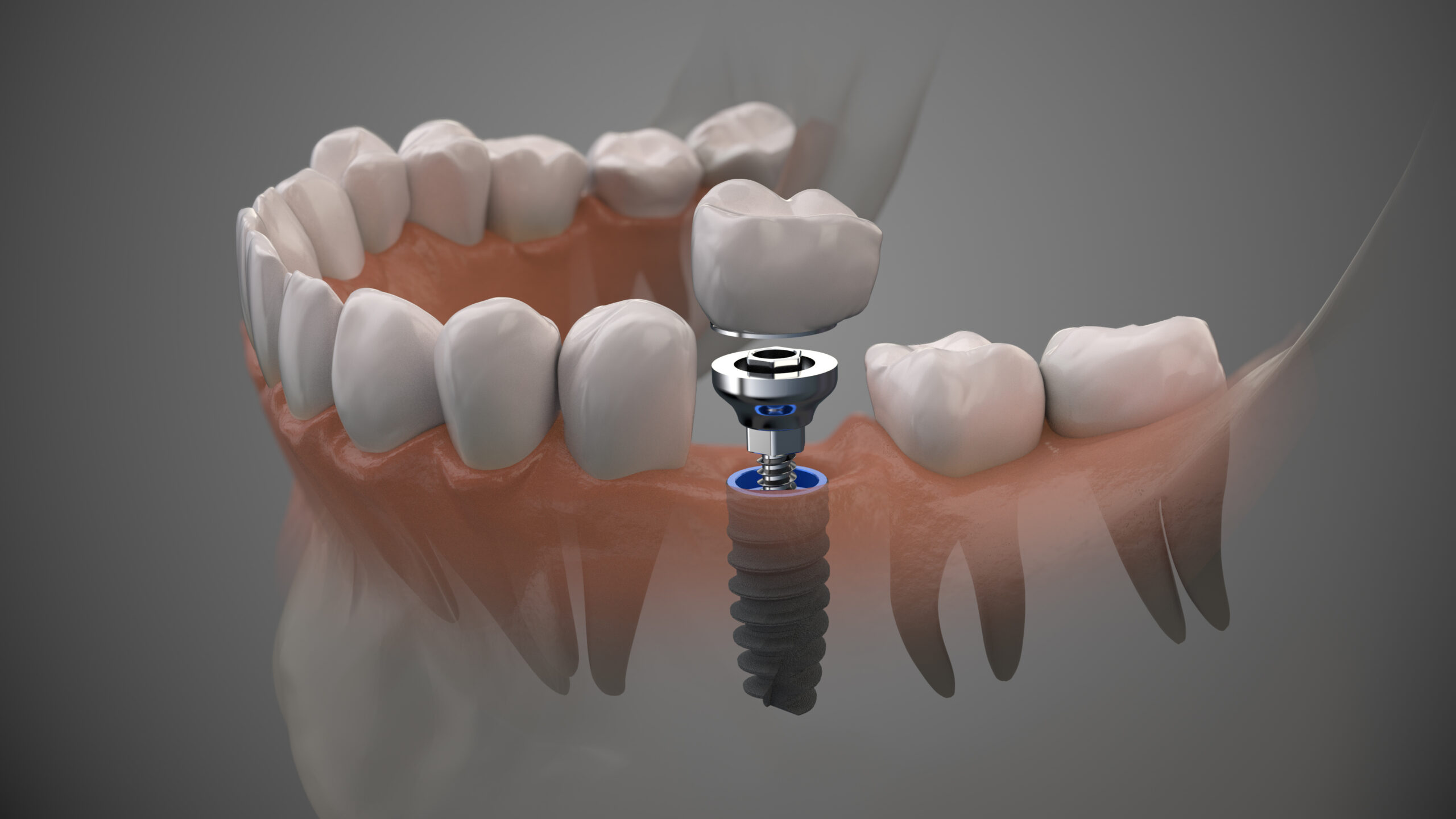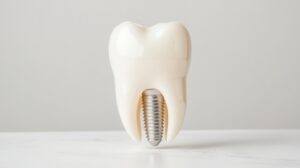Dental implants have revolutionized modern dentistry, providing a durable and natural-looking solution for missing teeth. But a common question many patients ask is, when is it too late to get dental implants? Some people worry that age, bone loss, or underlying health conditions could prevent them from receiving implants. The good news is that, in most cases, there is no definitive “too late” when it comes to dental implants. With advancements in technology and treatment options, even those who have been missing teeth for years may still be candidates for this life-changing procedure.
In this article, we’ll explore the factors that determine dental implant eligibility, including age, bone loss, and overall health, so you can make an informed decision about restoring your smile.
Is There an Age Limit for Dental Implants?
One of the biggest misconceptions about dental implants is that they are only for younger individuals. In reality, there is no upper age limit for dental implants. Many patients in their 60s, 70s, and even 80s successfully receive implants and experience significant improvements in their quality of life.
As long as a patient is in generally good health and has sufficient bone to support the implant, age is not a barrier. In fact, older adults often benefit the most from dental implants because they restore functionality, making it easier to eat, speak, and smile confidently. If you’re wondering when is it too late to get dental implants, rest assured that age alone is rarely a determining factor.
Can You Be Too Young for Dental Implants?
While there is no upper age limit, dental implants are typically not recommended for patients under the age of 18. This is because their jawbones are still developing, and placing implants too early could lead to complications as the bone structure continues to change.
How Bone Loss Affects Dental Implant Candidacy
Bone loss is one of the most common concerns for patients considering implants. When a tooth is lost and not replaced, the jawbone in that area begins to deteriorate due to lack of stimulation. Over time, significant bone loss can make implant placement more challenging.
However, bone loss does not necessarily mean it’s too late for implants. Modern dental advancements, such as bone grafting and specialized implant techniques, can help rebuild the jawbone and provide a strong foundation for implants.
Solutions for Bone Loss
If bone loss is a concern, there are several treatment options available:
- Bone Grafting – A procedure that restores lost bone, making it possible to support an implant.
- Sinus Lift – A type of bone graft that adds bone to the upper jaw near the sinuses.
- Zygomatic Implants – A solution for severe bone loss that anchors implants into the cheekbone instead of the jawbone.
- All-on-4 Implants – A full-arch solution that uses strategically placed implants to maximize existing bone and avoid grafting in many cases.
If you’ve been missing teeth for years and are wondering when is it too late to get dental implants, a consultation with a dental implant specialist can determine whether these options are right for you.
Health Conditions That May Affect Dental Implant Success
While age and bone loss are not automatic disqualifiers, certain health conditions can impact implant success. When is it too late to get dental implants? In some cases, it may depend on your overall health and how well your conditions are managed.
Common Health Concerns and Their Impact on Dental Implants
- Uncontrolled Diabetes – Diabetes can slow healing and increase the risk of infection. However, well-managed diabetes typically does not prevent a patient from receiving implants.
- Osteoporosis – This condition weakens bones which can cause complications with the implant process, but it does not necessarily rule out implants. Bone grafting or specialized implant techniques can often overcome this challenge.
- Gum Disease – Healthy gums are essential for implant success. If gum disease is present, it must be treated before implant placement.
- Smoking and Heavy Alcohol Use – Both can interfere with healing and increase the risk of implant failure. Patients are encouraged to quit smoking and reduce alcohol consumption before undergoing implant surgery.
Even if you have one of these conditions, you may still be a candidate for implants. The key is working closely with your dentist to manage any risk factors before treatment.
What If You’ve Been Missing Teeth for Years?
Many people assume that if they have gone without teeth for a long time, they have missed their window of opportunity for implants. However, this is not always the case.
If you have been without teeth for several years, bone loss is likely, but as discussed earlier, there are several ways to rebuild the bone or work around it. When is it too late to get dental implants? The answer is that in most cases, it’s never too late!
Additionally, leaving missing teeth untreated can lead to other complications, such as:
- Shifting of remaining teeth – Teeth naturally move into gaps left by missing teeth, leading to misalignment.
- Facial sagging – Loss of jawbone volume can cause a sunken appearance, making a person look older.
- Difficulty eating and speaking – Missing teeth can impact speech clarity and the ability to chew food properly.
Getting dental implants, even after years without teeth, can help restore function and prevent further oral health issues.
The Importance of a Professional Consultation
The best way to determine if it’s too late for dental implants is to schedule a consultation with an experienced implant dentist. They will evaluate your oral health, bone density, and overall medical history to recommend the best treatment options.
At New Smile Now, we use advanced imaging technology, such as 3D cone beam scans, to assess bone levels and plan your implant placement with precision. If you have concerns about when is it too late to get dental implants, this consultation will provide clarity and help you explore your options.
Final Thoughts: Is It Ever Too Late for Dental Implants?
So, when is it too late to get dental implants? In most cases, it’s never too late. While factors like bone loss and certain health conditions can impact treatment, modern solutions make implants a viable option for many patients—regardless of age or how long they have been missing teeth.
If you’ve been considering dental implants but have hesitated due to concerns about eligibility, now is the time to take action. Schedule a consultation with New Smile Now to explore your options and take the first step toward restoring your smile and confidence.




